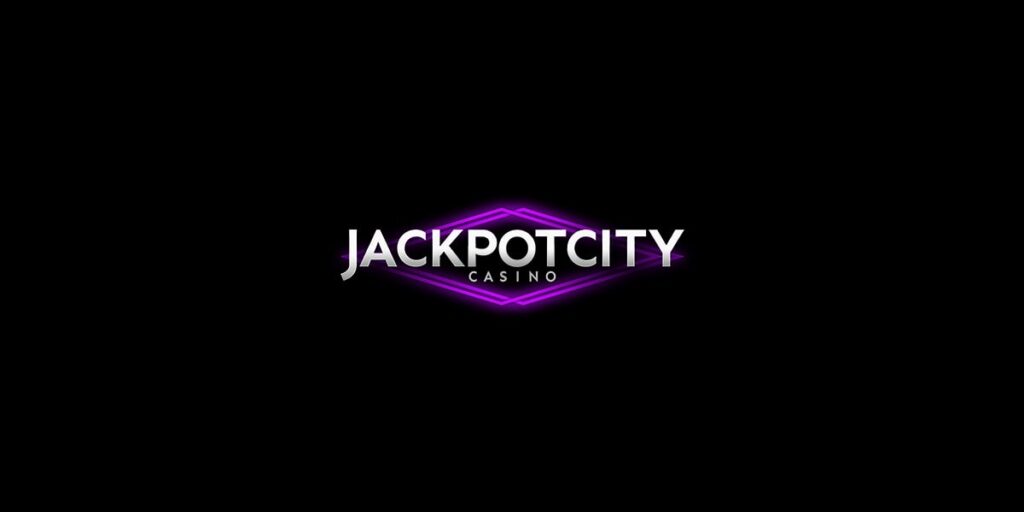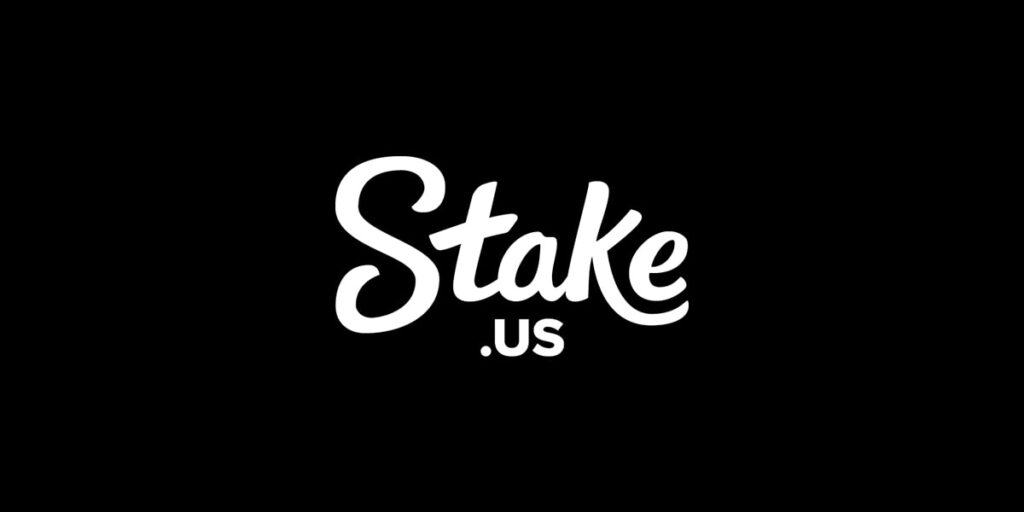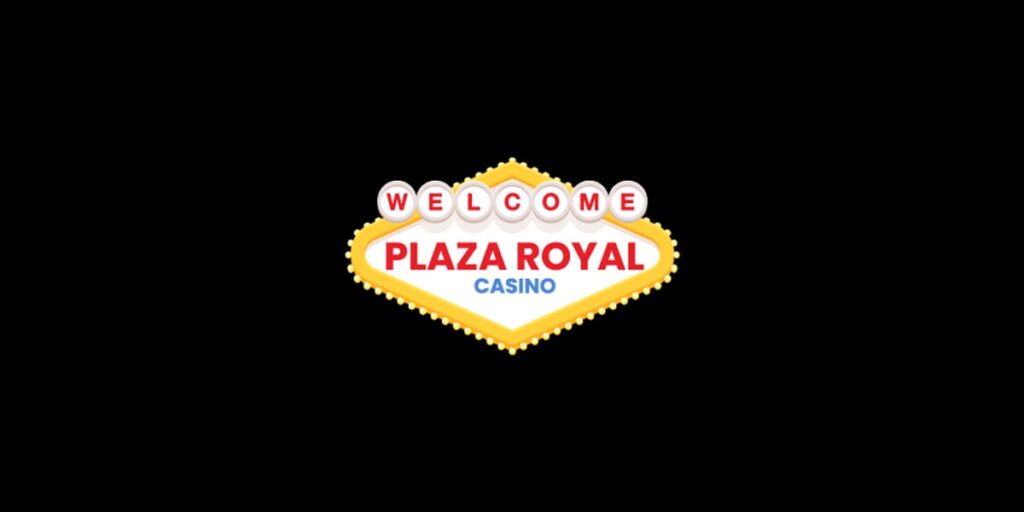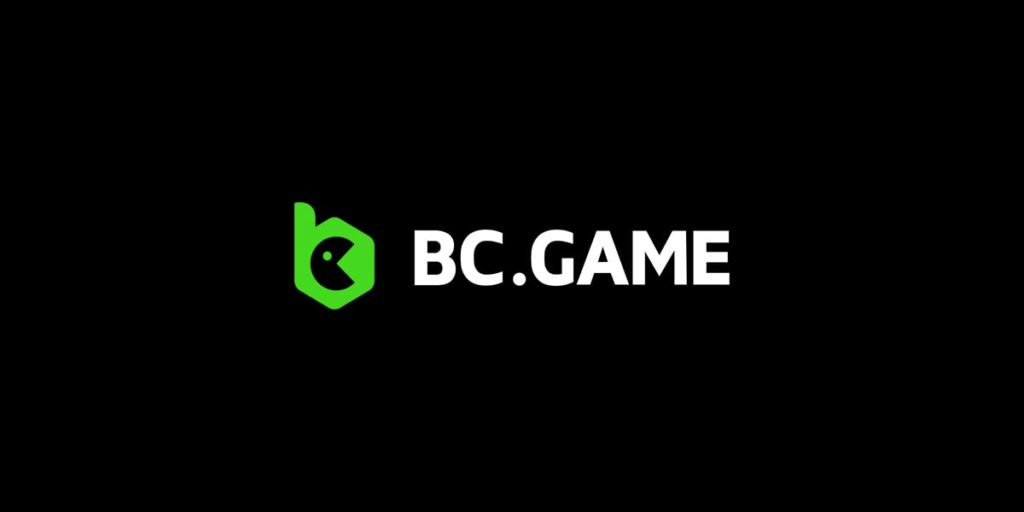Finland’s Gambling Act 2026 – Everything You Need to Know
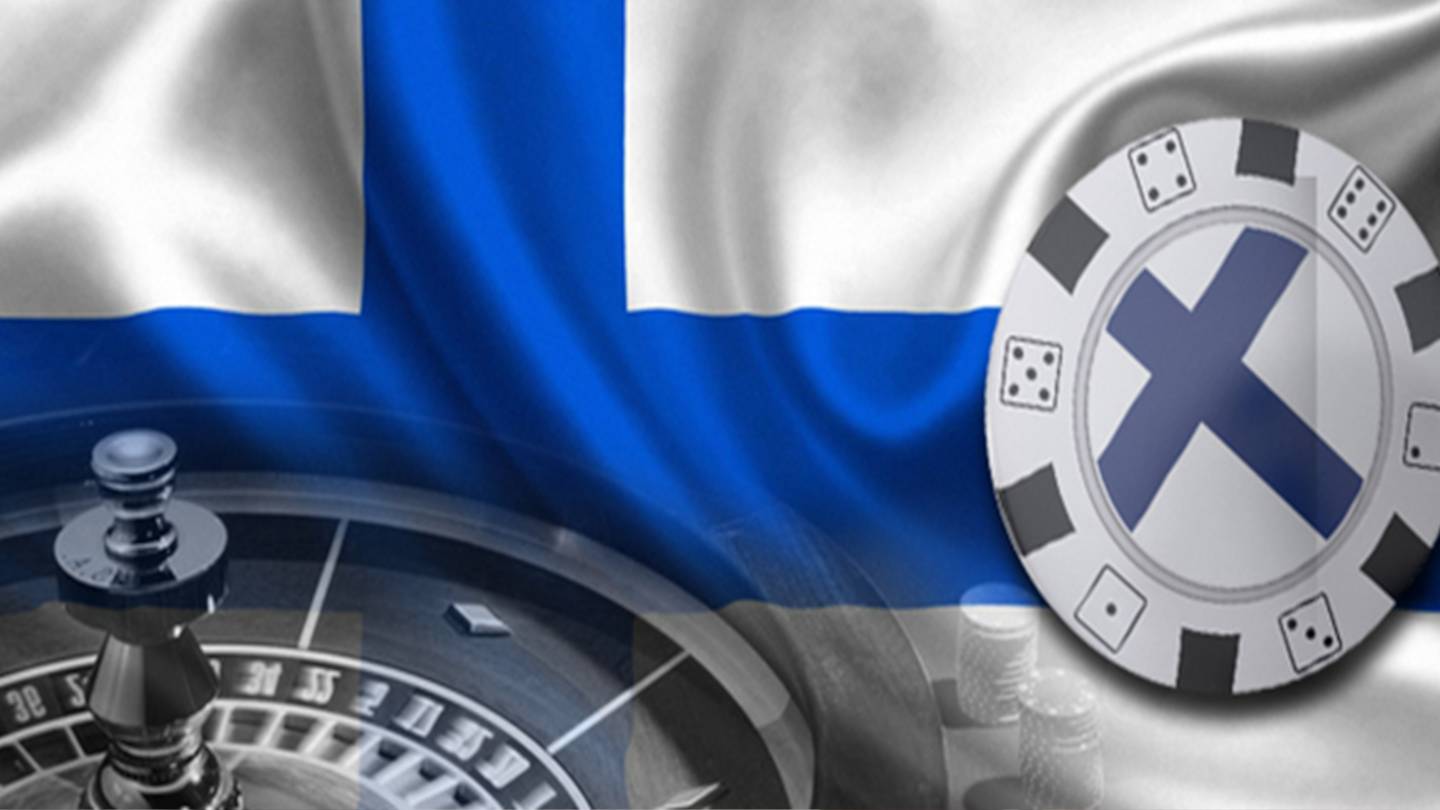
10 minutes
Last Updated: February 20, 2024
In the heart of the Nordic region, Finland is on the brink of a transformative shift in its gambling landscape. With the year 2026 earmarked as a pivotal moment, the Finnish government is gearing up to introduce a new Gambling Act that promises to overhaul the existing system.
This legislative reform aims to dismantle the longstanding monopoly held by state-owned Veikkaus, paving the way for a more liberalized and competitive market through a licensing model. The move is not merely a regulatory change but a strategic response to the evolving dynamics of gambling, technology, and societal concerns.
By transitioning to a licensing system, Finland seeks to better regulate the market, enhance player protection, and combat the financial and social harms associated with gambling. This forward-looking approach reflects a broader trend of European countries reevaluating their gambling regulations to address modern challenges, promote responsible gambling, and ensure the integrity of sports and games.
As Finland prepares for this significant transition, the gambling landscape is poised for innovation, enhanced oversight, and a renewed commitment to responsible gambling practices. Let’s dive a little deeper and explore the ins and outs of this Gambling act and how it will change the Finnish online gaming landscape – possibly forever.
What Will Change With Finland’s Gambling Act 2026?
The enactment of Finland's new Gambling Act and shift to a licensing model is poised to revolutionize player engagement with online casino gambling. This landmark move is expected to significantly broaden access to a diverse array of online gaming platforms, heralding a new era of choice and accessibility for Finnish gamblers.
With the introduction of multiple licensed operators, players will benefit from an enriched selection of gaming experiences, fostering a more competitive and dynamic market. This regulatory evolution aims to not only diversify gaming options but also elevate standards of player protection. Enhanced regulatory measures and a focus on responsible gambling initiatives are anticipated to promote safer gambling behaviors, encouraging players to make more informed choices.
The transition signifies a proactive approach to adapting to the digital age, ensuring that gambling practices keep pace with technological advancements and evolving consumer expectations, ultimately leading to a safer and more vibrant online gambling environment in Finland.
What exactly are the core aspects of this gambling act, you ask? Here are some of the attributes we deem important when it comes to Finnish gambling overall and our prediction of its significance.
Licensing
With the end of the gambling monopoly, new licensing regulations will be established, allowing multiple operators to enter the Finnish market. This could lead to increased competition, improved customer services, and innovation in gaming experiences.
Legality
The legality of online casinos in Finland will undergo a transformation, with the new licensing system legitimizing multiple operators. This change aims to curb illegal gambling activities by providing legal alternatives, thereby offering players secure and regulated gaming environments.
Increase in Player Numbers
The liberalization of the gambling market is likely to attract a larger number of players. The availability of diverse gambling options, coupled with the security of a regulated environment, might encourage more Finns to engage in online gambling activities.
No More Monopoly
Transitioning to a license model will have profound implications for the Finnish state. This shift is expected to bring about a more competitive market landscape, potentially increase state revenues through licensing fees and taxes, and enhance the overall effectiveness of gambling regulation and player protection measures.
Increased Competition
The shift towards a licensing model in Finland's gambling sector is set to ignite increased competition among online casinos. This competitive landscape promises to elevate the quality of gaming experiences, drive innovation, and offer better value and services to players, enhancing the overall vibrancy and appeal of Finland's online gambling market.
Gambling in Finland – a Little History Lesson

Finland's history with online casino gambling has been dominated by the state-owned Veikkaus, which held a monopoly on online casino games and online betting. This exclusive control meant that Veikkaus was the sole legal operator, managing not just online casinos but also lotteries and retail slot machines. However, recognizing the need for reform in the digital age, the Finnish government decided to end Veikkaus' monopoly in the online casino and betting sphere.
This strategic shift aims to open up the market to competition through licensing, while Veikkaus retains monopoly over lotteries and retail slots. To facilitate this transition, the activities will be segregated into different entities under the same group, marking a significant pivot in Finland's gambling landscape towards a more competitive and regulated environment.
There is a downside to all this. In response to the anticipated shift away from the national gambling monopoly, Veikkaus has projected a downsizing in its workforce and a reduction in the number of gaming arcades. This adjustment is expected to result in around 240 job cuts, with the organization also planning to consolidate its gaming venues, reducing the total from 65 to a range of 40 to 50. This move is part of Veikkaus' strategic planning to adapt to the changing regulatory landscape of the Finnish gambling market.
Why is the Gambling Act so Important for Finnish Online Casinos?
The upcoming Gambling Act is a cornerstone for Finnish online casinos, marking a significant shift from a state monopoly to a competitive, licensed market. This change is crucial for enhancing consumer protection, ensuring fair play, and fostering innovation within the industry. By introducing a licensing framework, the Act aims to open up the market to international and local operators under strict regulatory oversight.
This move not only promises to diversify gaming options for Finnish players but also sets a new standard for responsible gambling practices. Additionally, it addresses the challenges of the digital age, aiming to curb illegal gambling activities by providing regulated, legal alternatives. The significance of this Act lies in its potential to create a safer, more competitive, and thriving online gambling environment, aligning Finland with global trends in gambling regulation.
A lot of these aspects can (as of now) be described as predictions – but having looked at other countries going the same route before, the aforementioned changes are indeed a bit more than just an educated guess. We just have to sit tight and see how the Finnish online casino scene is going to change in 2026 – hopefully, it’s going to be for the better.
How Does Finland Compare to the Rest of Scandinavia?

As Finland embarks on a transformative journey to revamp its online casino sector, it is stepping into a new era that promises to redefine its stance within the broader Scandinavian gambling framework. This pivotal shift from a tightly held state monopoly to a more open and competitive licensing regime signals a significant departure from past practices.
It underscores a proactive approach to adapting to the digital age's complexities, aiming to strike a balance between market liberalization and ensuring robust consumer protections. This transition not only reflects Finland's commitment to modernizing its gambling industry but also places it in a comparative context with its Scandinavian neighbors. Sweden, Norway, and Denmark each have taken unique paths in regulating online gambling, presenting a spectrum of models from strict state control to liberal market conditions.
Finland's journey towards a licensing model is a crucial step in aligning with contemporary trends in gambling regulation, aiming to foster a safer and more vibrant online gambling environment while considering the experiences of its neighbors to navigate its regulatory landscape effectively.
So, how does Finland compare to Scandinavia? Let’s have a look.
Sweden
Sweden embraced a licensing model in 2019, opening its market to international and domestic operators. This shift has fostered a competitive environment, enhancing consumer choice and driving innovation in online gambling services. The Swedish model represents a balanced approach to regulation, promoting a healthy gambling industry while ensuring player protection.
Norway
Norway maintains a state monopoly on gambling, with limited online options available through Norsk Tipping and Norsk Rikstoto. This restrictive approach aims to control gambling activities and address social concerns but limits the diversity of gambling options available to Norwegian players, contrasting sharply with the evolving landscapes in neighboring countries.
Denmark
Denmark has been at the forefront of regulatory reform in Scandinavia, having introduced a licensing system in 2012. This model has successfully attracted a wide range of operators, offering Danish players a rich selection of gambling products. Denmark's regulatory framework is often cited as a benchmark for balancing market openness with consumer protection and responsibility in gambling.
As you can see, these comparisons highlight the diverse regulatory approaches within Scandinavia, with Finland's upcoming changes set to bring it closer to the more liberalized models of Sweden and Denmark, marking a significant evolution in the region's online gambling landscape.
The Key Measures Taken: This is How the Finnish Gambling Act Will Likely Be Executed
To effectively combat illegal and unlicensed gambling while safeguarding the financial and social well-being of its citizens, Finland's upcoming Gambling Act incorporates several key measures. Enhanced supervision of the gambling industry is a cornerstone of this reform, with the government committing to allocate substantial funding and resources to ensure rigorous oversight. This includes targeted efforts to combat money laundering, thereby maintaining the integrity of gambling operations.
A significant aspect of the reform is the consideration for relocating gaming machines to locations where they can be adequately supervised, reducing the risk of underage and problem gambling. The introduction of a unified self-exclusion mechanism allows individuals to proactively limit their access to all licensed gambling services, providing a valuable tool for those seeking to manage their gambling habits.
Marketing practices are set for a stringent overhaul, with a clear emphasis on directing consumers towards licensed operators. This entails regulating marketing efforts to discourage harmful gambling behaviors and strictly prohibiting the targeting of minors. Marketing will need to be moderate and responsible, with a mandatory requirement for explicit consent before any personalized gambling promotions are directed at individuals. The prohibition of gambling marketing without prior consent aims to further protect consumers from unwanted exposure to gambling incentives.
These measures collectively aim to mitigate the financial and social harms associated with gambling, marking a significant step towards a more responsible and regulated gambling environment in Finland.
In line with these efforts, casino comparison sites serve as examples of marketing tools tailored to the Finnish online casino market. This website compares and lists online casinos, offering Finnish players informed choices within a regulated framework. It exemplifies how marketing in the gambling sector can evolve to prioritize consumer protection while still connecting players with licensed operators.
Key Takeaways
- Measures outlined in the reform include strengthening supervision of the gambling industry.
- The government plans to allocate more funding and resources to ensure effective oversight, with a particular focus on combating money laundering.
- The relocation of gaming machines to supervised facilities will be examined, and consumers will have the option to exclude from all licensed services through a single platform.
- Responsible marketing practices are highlighted in the government’s reform plans, with an emphasis on channeling consumer consumption towards licensed gambling providers.
- The aim of reform is to prevent the financial and social harm of gambling.
FAQ – Frequently Asked Questions
What is the Finnish Gambling Act 2026?
It's a legislative reform transitioning Finland from a gambling monopoly to a licensed market, aiming to improve regulation and player protection.
When will the new gambling laws take effect in Finland?
The new gambling regulations are slated to be implemented by 2026, marking a significant shift in Finland's approach to gambling.
How will the Finnish Gambling Act impact online casinos?
The Act will allow multiple operators to enter the market under strict regulations, increasing competition and consumer choices in online gambling.
What measures are being taken to combat illegal gambling in Finland?
The Act strengthens industry supervision, introduces a unified self-exclusion platform, and mandates responsible marketing to curb illegal gambling.
Why is the Finnish Gambling Act important?
It aims to protect consumers, ensure fair play, and bring Finland's gambling market in line with modern digital and social realities, enhancing overall industry integrity.







